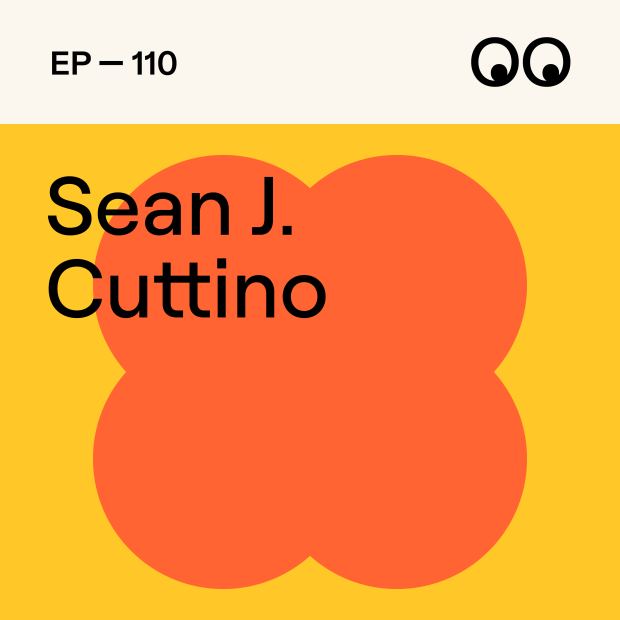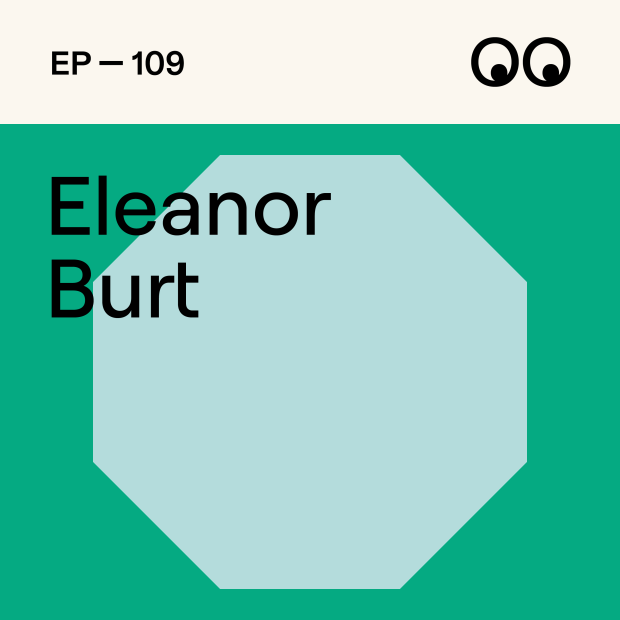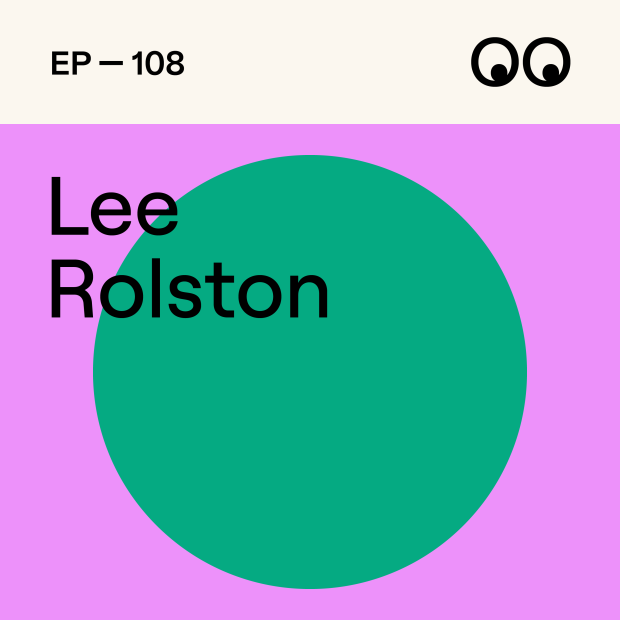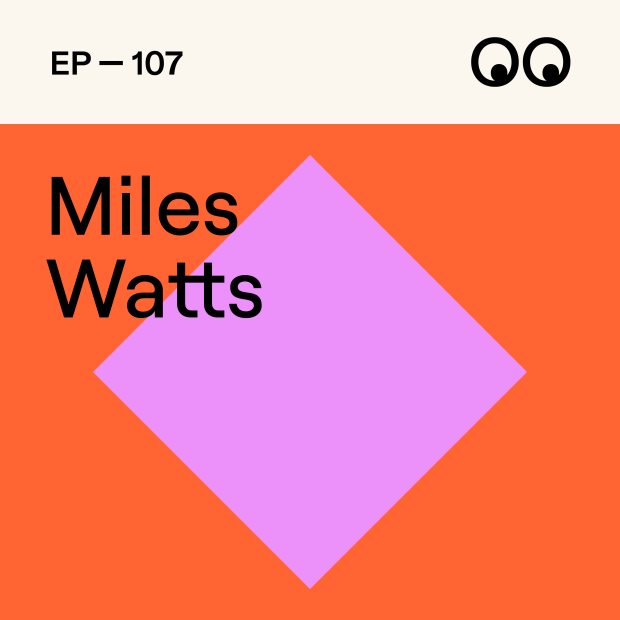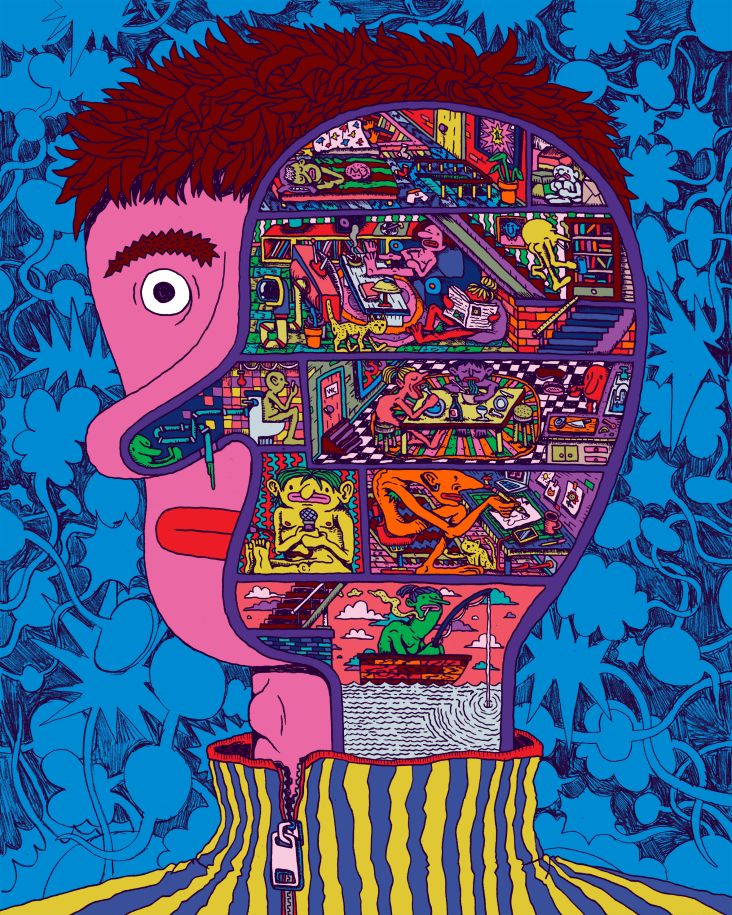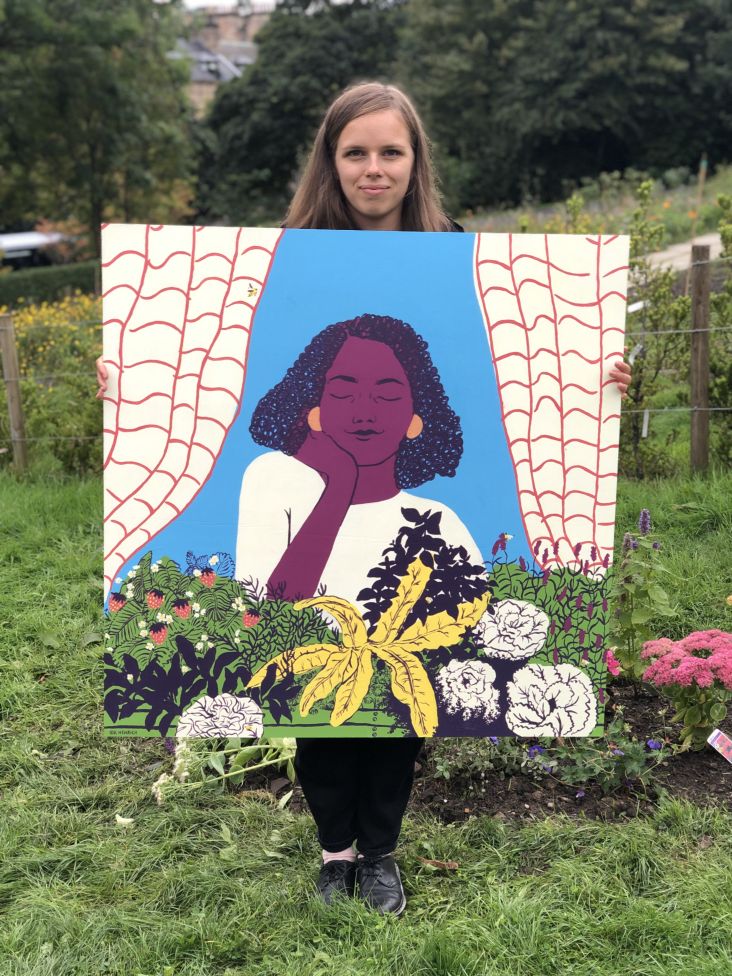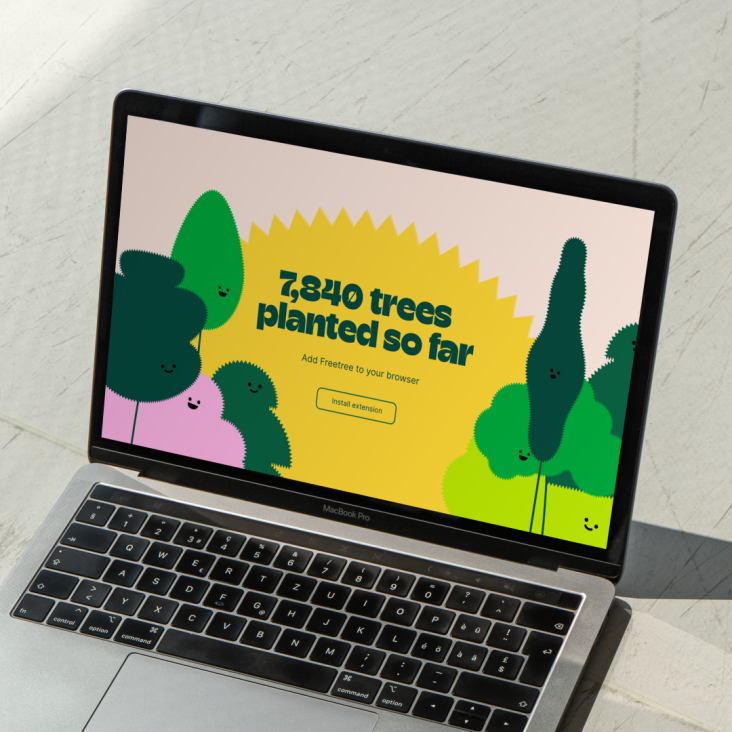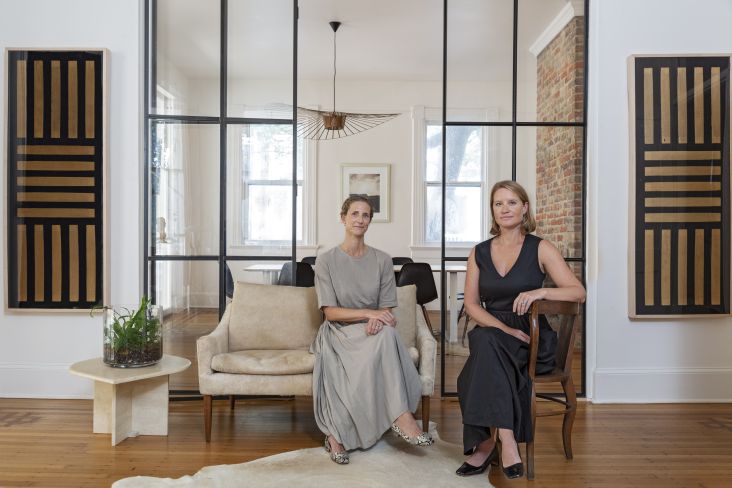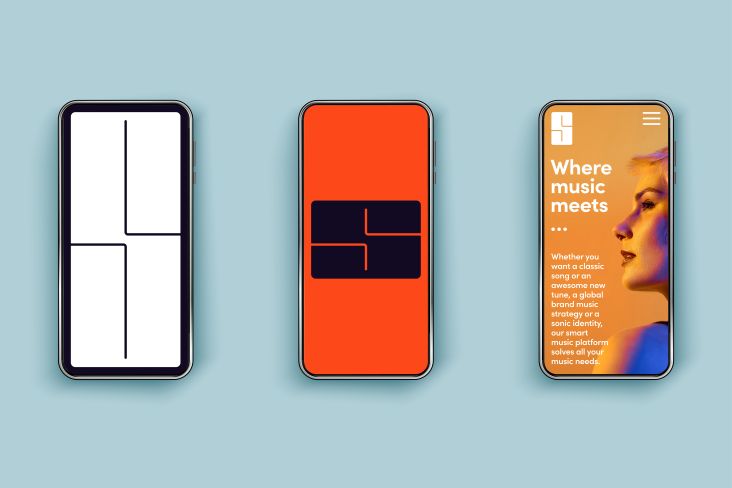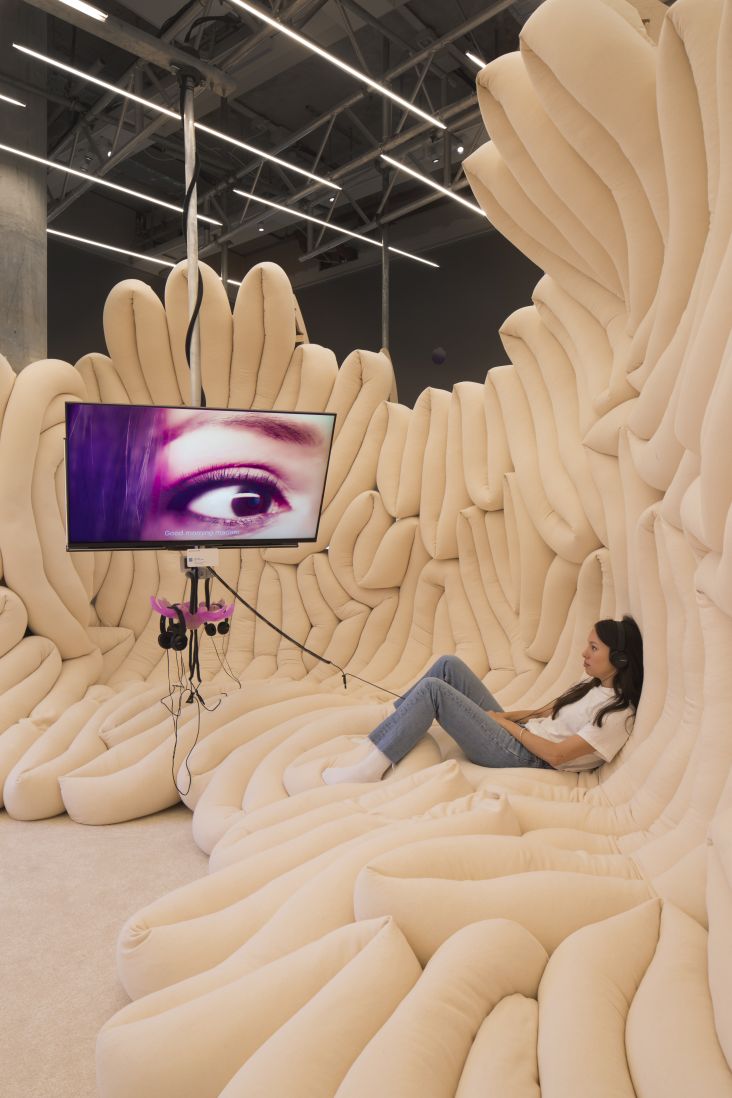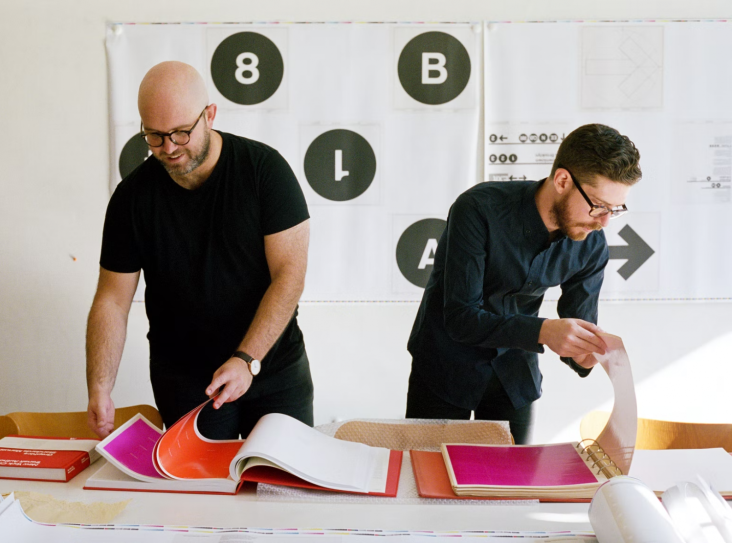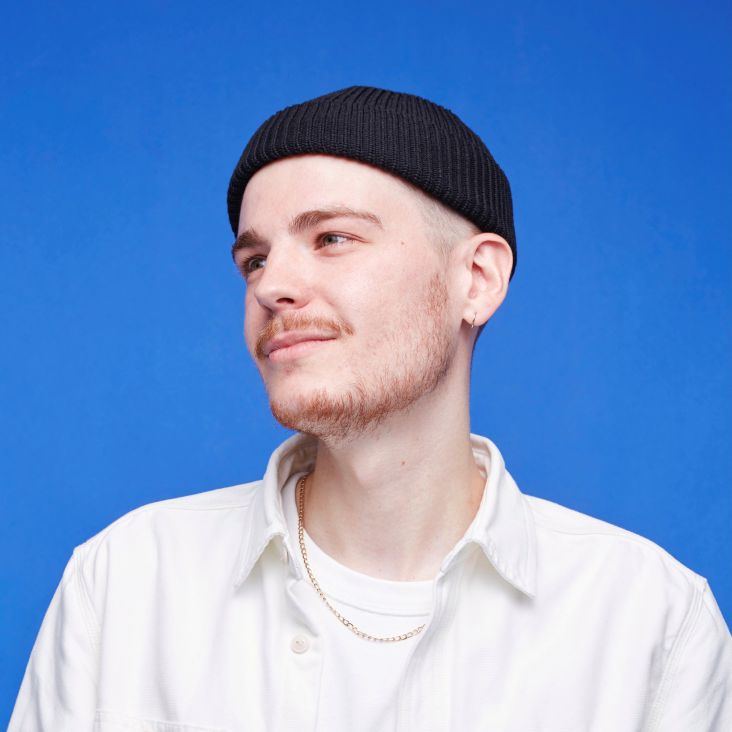Jolene Delisle on balancing a creative career with motherhood and how she supports other women founders
Jolene Delisle has dedicated her professional life to creating a branding agency that's creating opportunities for other women and people of colour and working with clients that positively impact the world. Here, she shares her story so far.
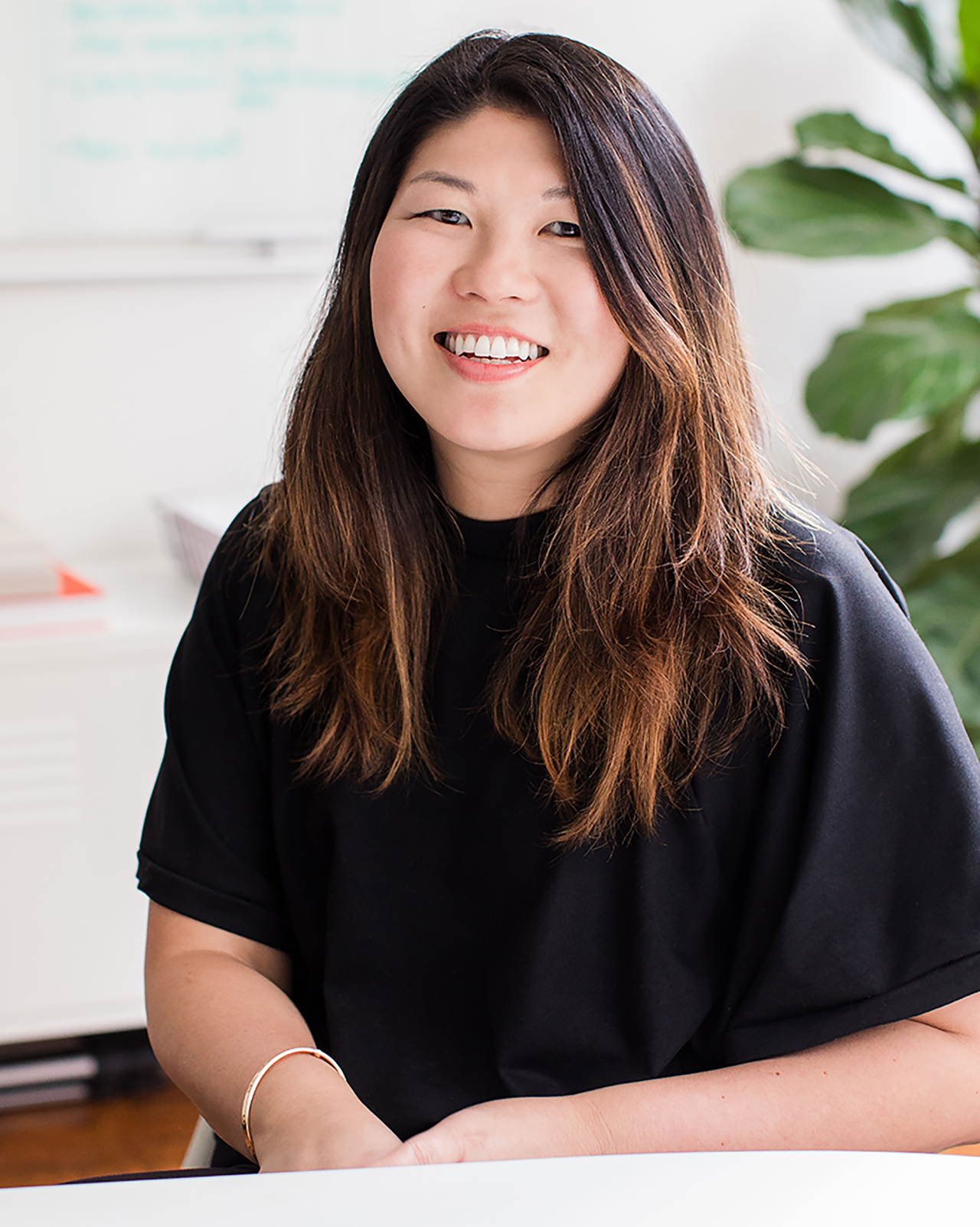
Jolene Delisle
After being born into homelessness in South Korea and driven by the hardships endured in her formative years, Jolene Delisle was inspired to launch her creative agency, creating opportunities for other women and people of colour and working with clients that positively impact the world. Here, she shares her story so far.
Jolene co-founded her branding and creative agency The Working Assembly while pregnant with her first child in 2017. Since then, she's been committed to working with female founders, empowering minority entrepreneurs and activating local endeavours.
Since the agency's inception, the company has tripled its revenue every year. Current clients include unicorn startups like Zola and Klarna, cultural institutions such as NYC Tourism and NYC Pride, and established brands like Evian and MassMutual. We sat down with Jolene to find out more about her journey so far.
You had a difficult childhood. How has it shaped you?
I was born and initially raised by a single mother, we had no home, and at the age of six, she decided to give me up for adoption so that I could have an opportunity for a better life. When my parents adopted me, I didn't speak English. Art became the way I expressed myself – navigating my confusion, my pain, and how I communicated with the new people in my life.
The impact I felt from being able to create and communicate with visuals shaped not just my formative years but also informed the path that led me to advertising and branding. I love communicating and storytelling, and I'm grateful that the work I get to do every day is to express other people's manifestation of their own creativity, whether through the products they are making, industries they are disrupting, or companies they are innovating.
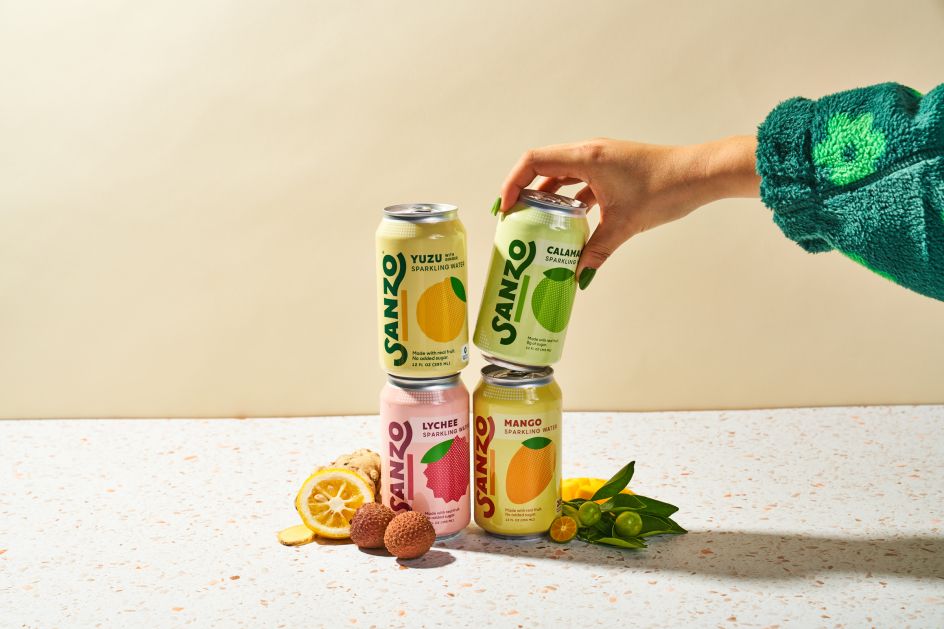
Work for Sanzo © The Working Assembly
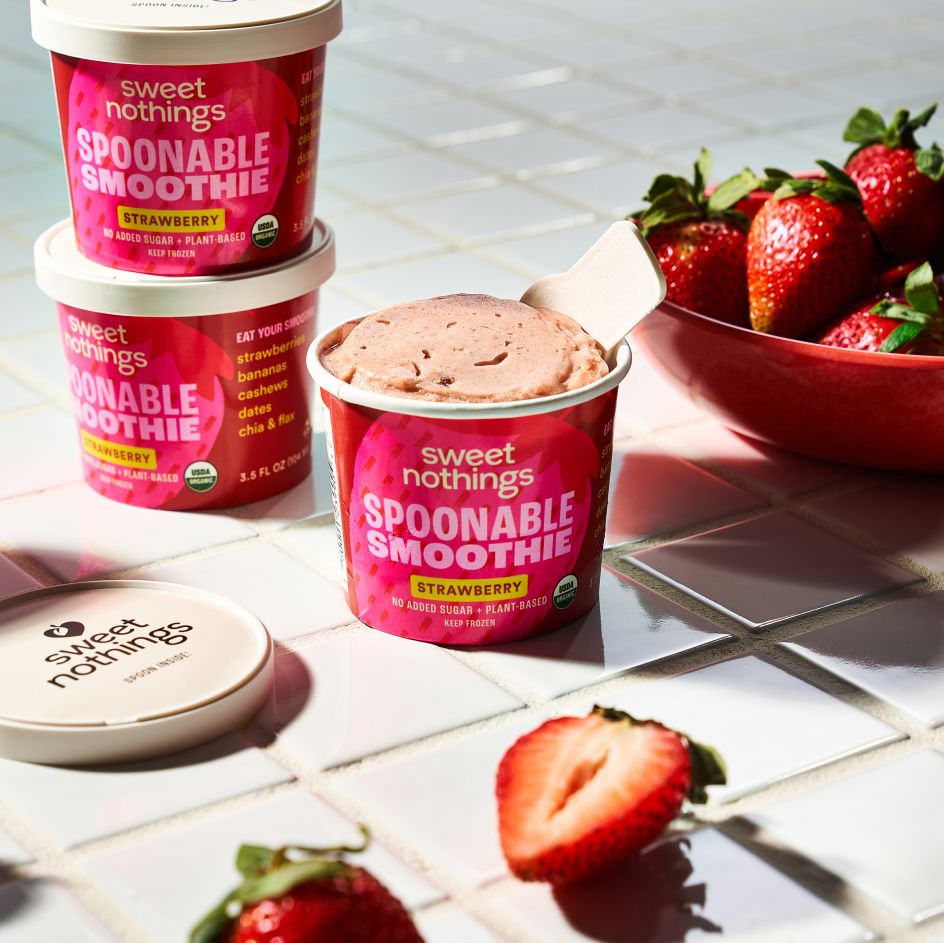
Work for Sweet Nothings © The Working Assembly
You co-founded The Working Assembly whilst pregnant. Was that challenging?
My greatest strengths as a founder are my stamina and work ethic. I may never be the most prolific or even the most creative person, but I will be the hardest working and most resilient. I never sought to start my own company, but I gained so much clarity in 2017 when I became pregnant with my daughter.
I had been very casually consulting with founders, women entrepreneurs and exciting startups for a year or two. I created an LLC, The Working Assembly, on a whim. I called it The Working Assembly (TWA) because I worked full-time while simultaneously assembling a team at night (and on the weekends!) to help support these brands. I enjoyed the work, and I found it fun and fulfilling – though a bit exhausting working essentially around the clock.
When I knew I was going to be growing a family, I realised I wasn't going to have the capacity to be able to run TWA on the side while also keeping my full-time job and raising my daughter. That was when I decided to take the leap to focus full-time on building TWA.
Betches © The Working Assembly
Betches © The Working Assembly
Did you experience any negativity along the way, being a woman?
While building TWA, I have encountered situations I never expected simply because I am a female founder. During some of our early days as an agency, I remember very clearly meeting with a VC fund and a brand they had recently invested in. I was the only woman in the meeting. Though I was leading the conversation and asking questions, they would only ever respond or look directly at my co-founder and partner, Lawrence, who is male.
When I think back to these early days as a founder, growing a family and a team and demanding business, I can see how the expectations on me impacted each day. The expectations on me were challenging – both in what I asked of myself and my clients and in terms of meeting the team's needs at that time. I learned first-hand through that process about this unrealistic expectation we put on women to be able to do it all. I would say my first three years running this business were not pretty. It was difficult, especially navigating those personal and professional responsibilities.
Sadly, other women would often be the most unforgiving and my biggest critics during that time – young women who felt let down by me and older women who thought I should be able to suffer or work through it the way they might have had to. In retrospect, it has taught me a lot about how women we've been groomed to either fall in line or charge ahead ruthlessly, and it doesn't have to be like this. Instead, we can and should support each other.
Just because someone is successful or trying to do something new and different doesn't mean there's no space for us all.
Most importantly, my experiences as a female founder up to this point have shown me how critical mentorship is – seeing women founders and leaders represented in organisations matters.
So, has your experience pushed you to only work with clients who inspire you?
The reality is when we first started the company and needed it to be a financially viable endeavour, we took on pretty much everyone who wanted to work with us. It led to burnout and not the best work. Though we had some financial stability, we ultimately learned that the best work for us would come from working with clients whose values aligned with ours, whose products inspired us and whose vision was one we wanted to be a part of – to help shape. Now, we collectively evaluate our opportunities to ensure the time and energy we spend is the effort that will be mutually impactful.
Have you noticed any change since the pandemic in how people are – staff, clients? How's it impacted you?
The pandemic has humanised our business. It has made me more empathetic and pushed me to open up more vulnerably about my life. I used to not share with the team about my daily juggling to balance and blend my time as a mom while also running the business. With everyone being remote and at home during the pandemic, separating those worlds has become nearly impossible.
This pandemic era shift has actually been beneficial because it has personally helped me to better prioritise my time while simultaneously shaping a more sustainable, healthier culture at the agency.
Speaking of culture shifts, before, when we were all in an office Monday through Friday, clients would come in and have these big sterile conference room meetings. During the pandemic, we have reached a new level of intimacy and collaboration with clients as well as the internal team. By virtue of working from home, we all get to know each other on a more human level and can relate a bit more.
Did you experience any racism during the last two years?
As a society, we are all susceptible to bias and discrimination in various forms – it's part of being human. I have committed my professional life to developing opportunities for diversity within my company by creating access for female and BIPOC founders to get the design as well as support at a price point that's accessible to where they may be as an early-stage company.
I also believe in and encourage mentorship internally and externally at every level, from our interns to our senior team. The reality is that being able to design and create for a living is an undeniable privilege. It is imperative that we recognise that, have gratitude for it, and that we design responsibly with equity and inclusivity on top of our minds always. It is critical to me that all of these initiatives are part of what we commit to as a company every day.
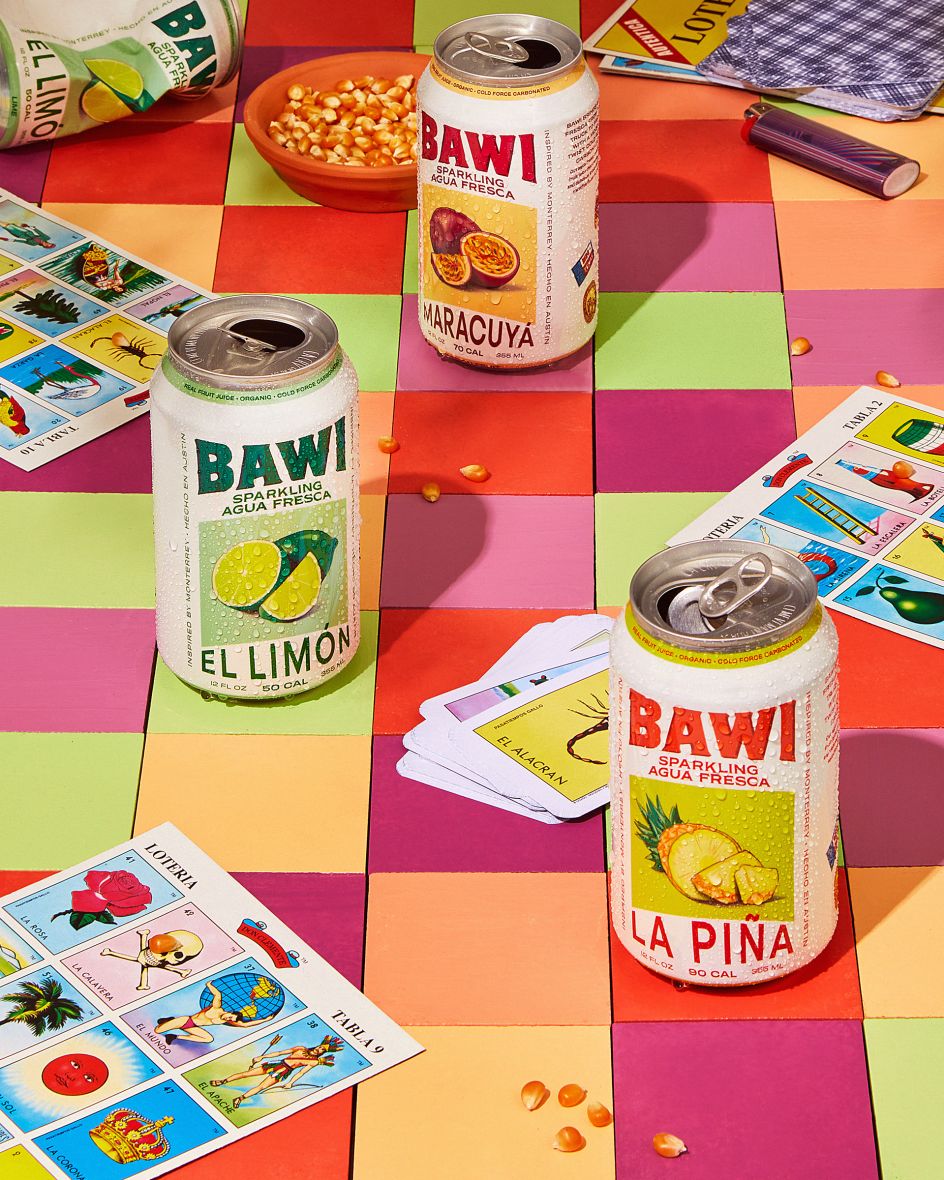
Bawi © The Working Assembly
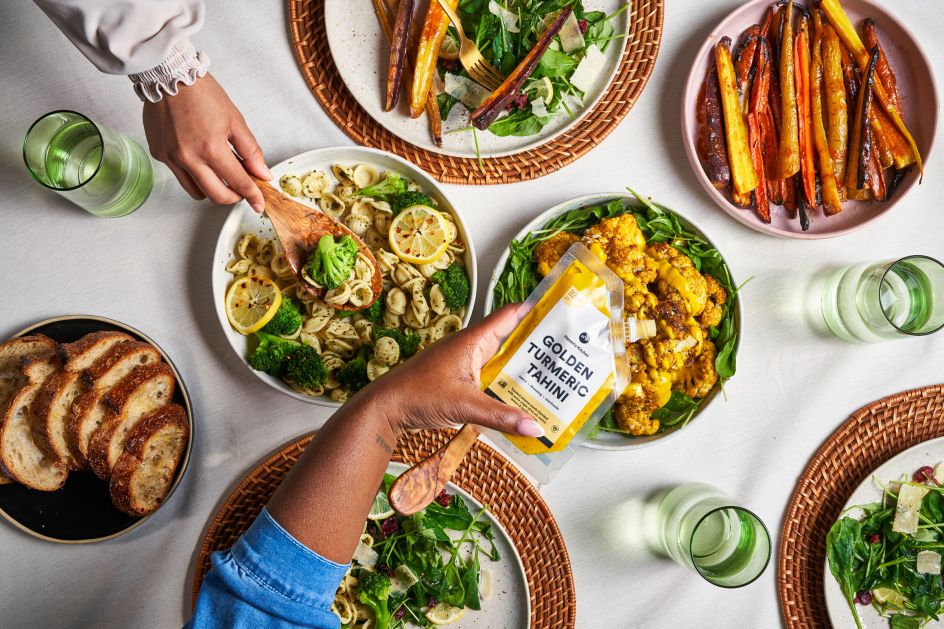
Haven's Kitchen © The Working Assembly
So, how do you support women in your workplace and the wider industry?
I think it's important to have women at all levels speaking, being engaged on projects at a leadership level, and empowered to make decisions. The best way to do this is to continually show up as their ally and support and champion them. For the industry, it means having women represented on conference stages, in the classroom, and at the C-suite level.
What does a typical day look like to you? Have you found a good balance now?
A typical workday for me is waking up at 7am. I immediately drink water and coffee and get my two little ones (Foster 3, Emerson 5) ready for preschool. I do this while checking emails, my calendar, and slack. I'll head to the park if it's nice after drop-off to do a quick walk/run and dial into our agency-wide morning status call. Some days I'll walk to the office in Flatiron and work from there. Days are jam-packed with client meetings, creative presentations, internal design reviews, and new business proposals. I usually hop offline around 6/6:30pm to do more kid stuff like dinner, bath, and bedtime, then finish work until midnight.
Lately, I've been busy in the evenings prepping for our ice cream store, Cherries, which is opening in Upstate New York this summer (Stone Ridge, NY). It's a 1950's roadside shop that we're converting into a mixed-use space, and the property will have an ice cream stand, a candy shop, and an event space for children's art classes and parties. It's super exhausting sometimes to be so busy but also rewarding. I feel fortunate and grateful to work with people I admire and love, help brands and founders I care about, and make a living and life doing something so fun.
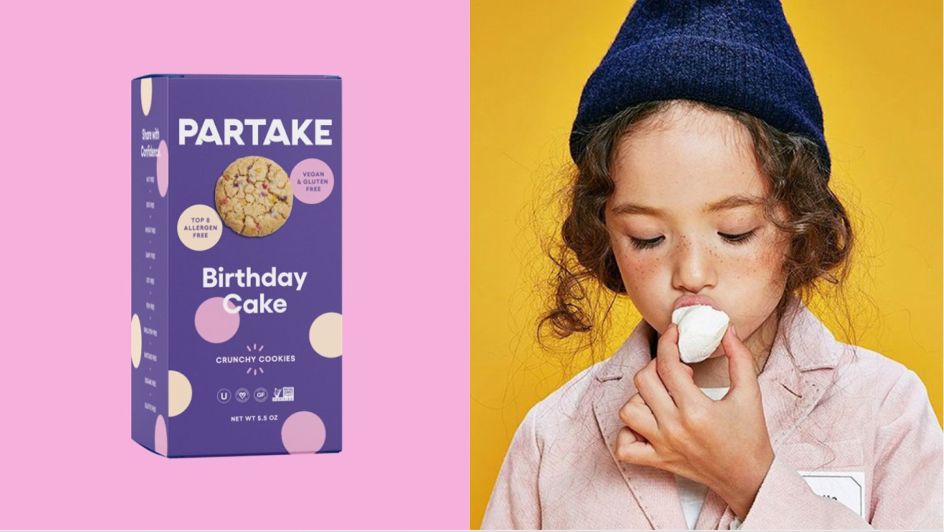
Partake © The Working Assembly
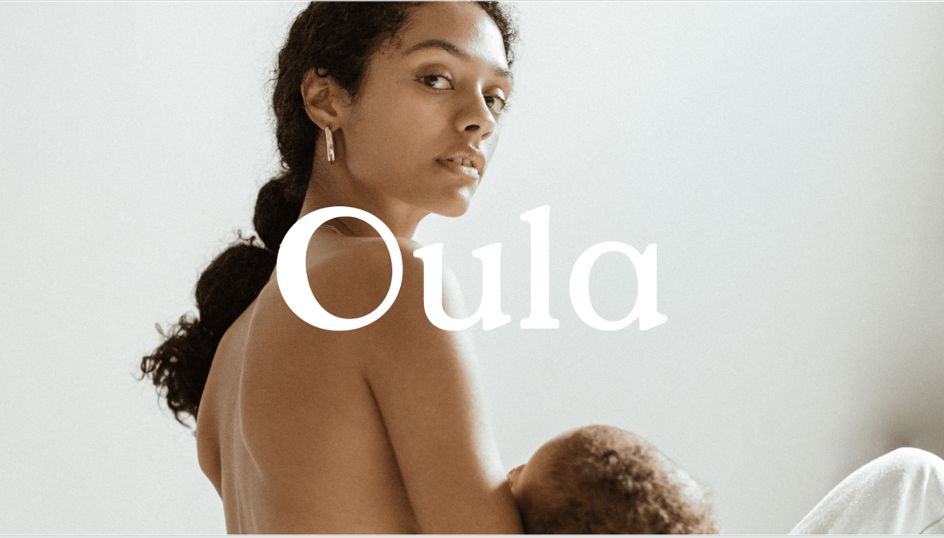
Work for Oula © The Working Assembly
Your client list is impressive. Would you say you design for good? Is it important you only align with certain clients?
Our client list is mixed and has clients of both early and late stages. We love working on a new emerging brand as much as we appreciate and enjoy working on a storied 100 year one looking to refresh. Both are challenging and fun.
While we aren't a "design for good" shop, we do try to ensure we make time for pro-bono projects we care about. We're currently doing branding for NYC's Chinatown Night Market, working with marginalised founders like our recent project for Bawi, launched by a Mexican entrepreneur looking to bring Agua Fresca stateside in an authentic and new way. Also, we support brands we think are adding to the cultural conversation and adding value to consumers lives, such as Oula, a new modern maternity centre, and Wave – a GenZ mental health app. There's also Future, a personalised and accessible virtual fitness platform and Museum of Ice Cream, a space igniting everyone's sense of play and imagination).
We have an open conversation with the team as we have new business opportunities and try to steer clear of anything that could potentially not be aligned.
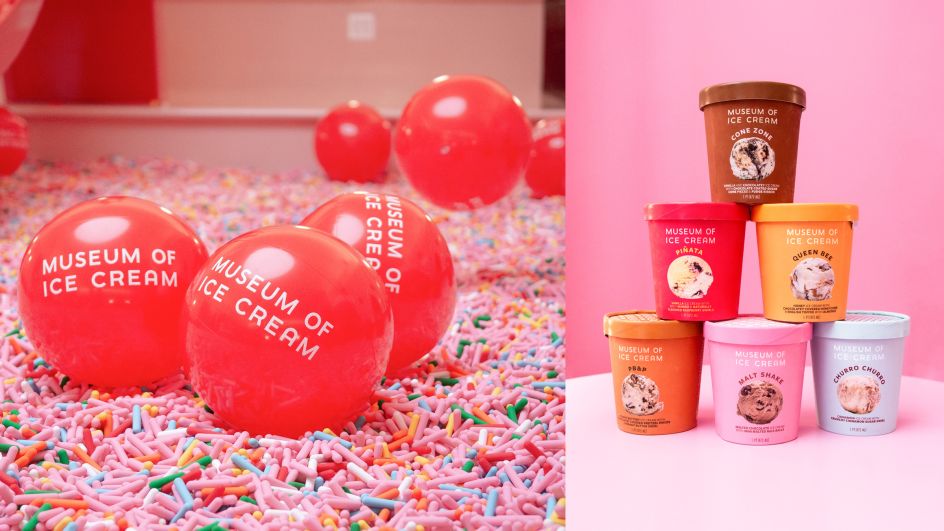
Museum of Ice Cream © The Working Assembly
With everything you've learned thus far, what advice would you share with others thinking of starting an agency
I'd say that starting an agency is not for the faint of heart. It helps to have a lot of experience with clients of various backgrounds and sizes so you can bring applicable and practical methodology into your practice. It also helps to understand the type of agency you want to have and a clear positioning for your agency and differentiation. And patience! With others, with clients, with yourself.
Things aren't always going to go as planned, and the biggest thing is resilience and knowing you can and will make it happen. It can be scary and daunting but ultimately rewarding and fun.
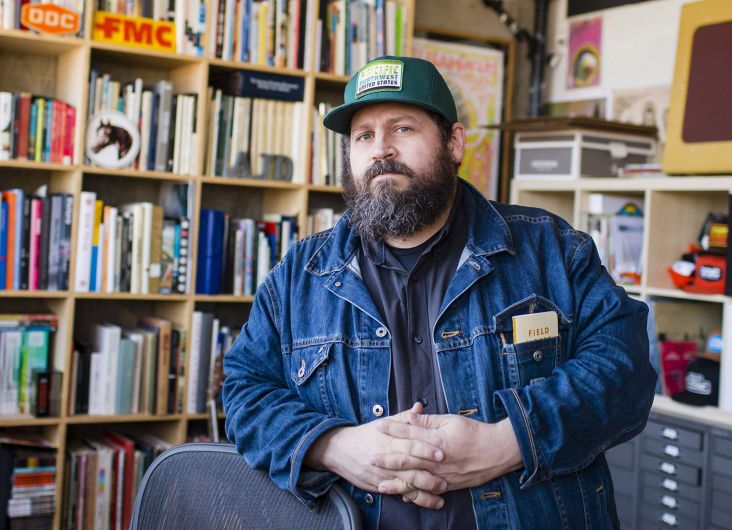
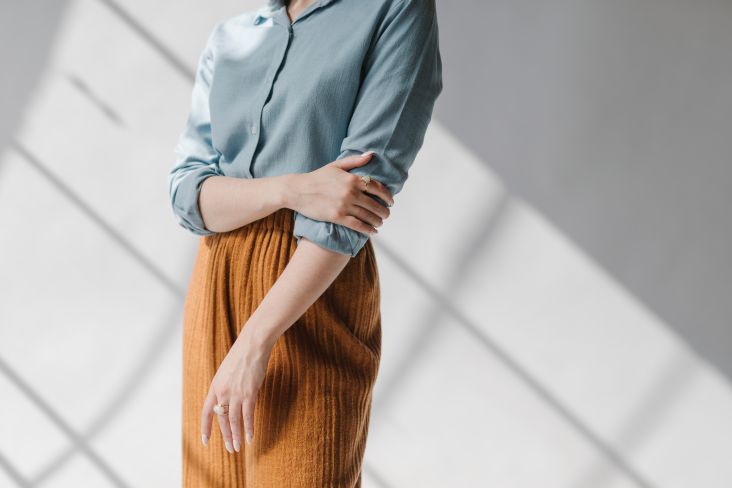

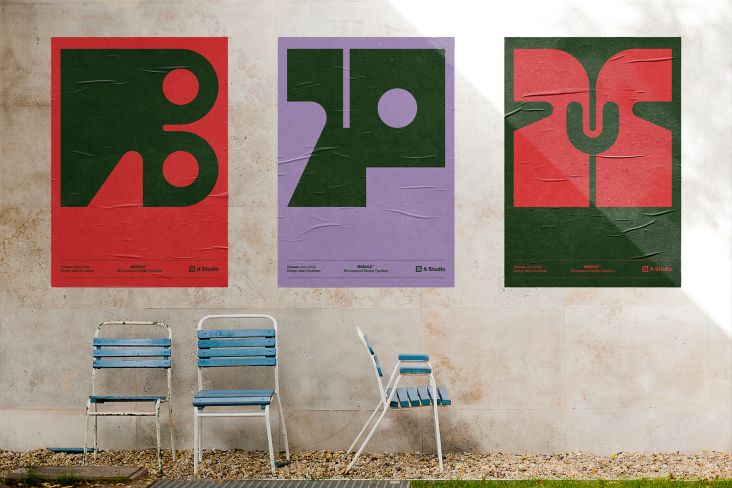
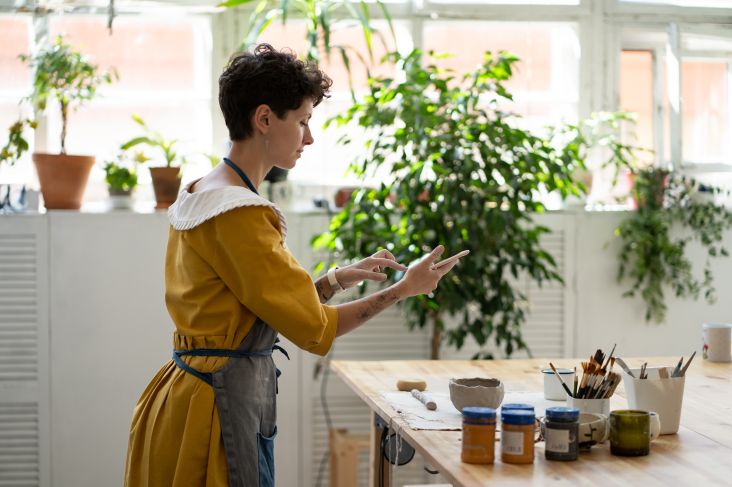
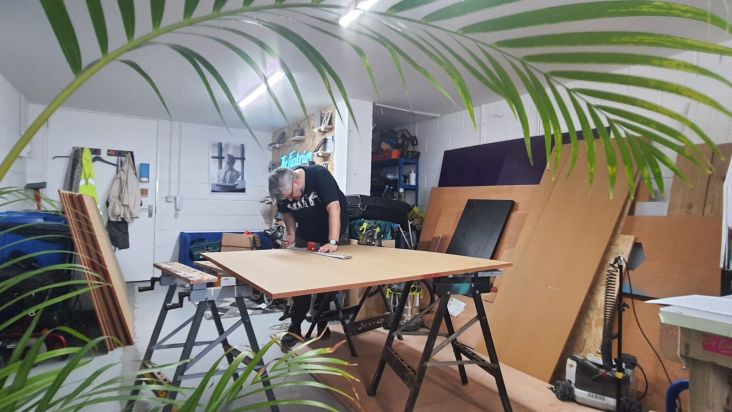
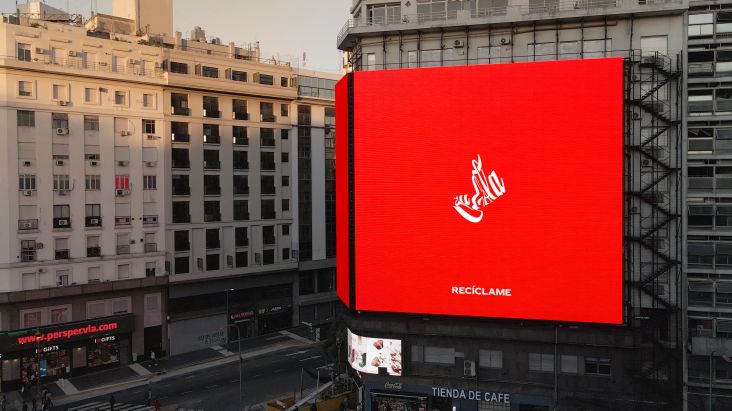
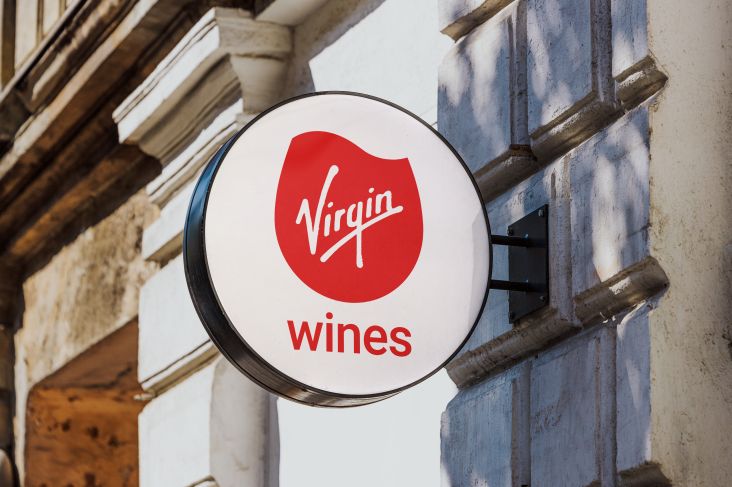
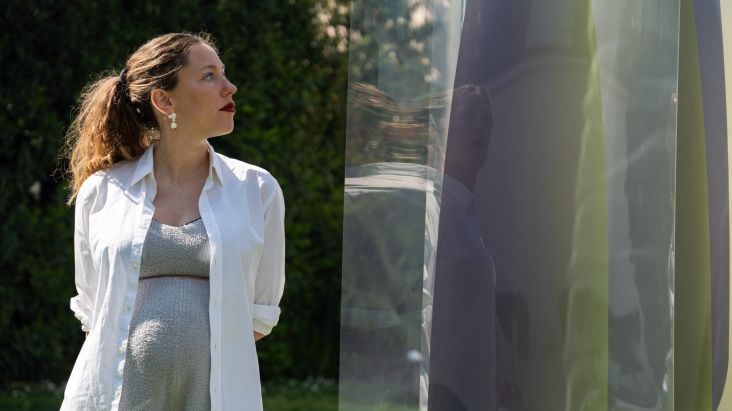
](https://www.creativeboom.com/upload/articles/86/862919952c0ad18439004228895a431dc6e45ffc_732.jpg)
